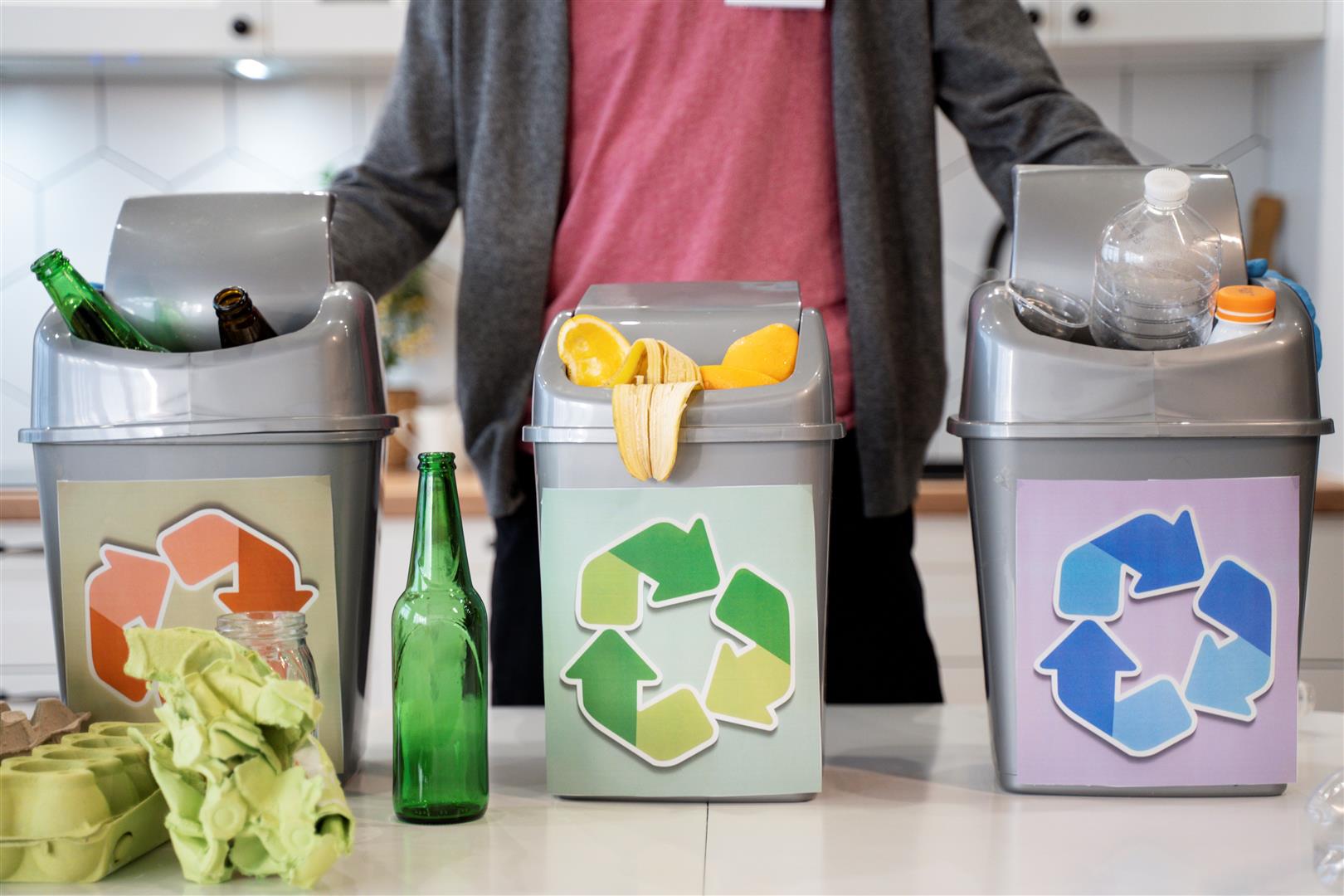We are living in an era in which the production of goods and services depends on the accumulation of carbon credits, which are “stored,” in a manner of speaking, during business operations. Doing so is becoming increasingly important, nowadays, because, in addition to creating a good image for an organization that is participating in solving global warming problems by releasing less greenhouse gas, the accumulated amount of carbon credits can be shown as proof of delivery and environmentally friendly services to domestic consumers. Also, trading partners realize that they do not risk additional carbon taxes on their products, and that credits can prevent the products from being rejected for not meeting environmental standards.
In Thailand, the Greenhouse Gas Management Organization (Public Organization), or TGO, has established the Thailand Voluntary Emission Reduction Program, or T-VER, which acts as a registration and certifying body. It calculates the amount of greenhouse gasses reduced or stored, called "carbon credit.” The advantages for the organization and the general public are as follows:
- It reduces the amount of greenhouse gas emissions, which cause global warming;
- It increases greenhouse gas reservoirs from planting trees, forest conservation, and restoration;
- Carbon credits can be used when reporting the performance of the organization;
- Carbon credits can be used to offset the greenhouse gas emissions of organizations, products, events, and individuals;
- It creates a good image for the organization.
For businesses, organizations or agencies that are interested, criteria for registration and certification of greenhouse gas emissions are divided into the following:

Consideration for registration of a T-VER project consists of the following:
- Operations of project activities must be in accordance with relevant laws or regulations and operating in accordance with the T-VER guidelines;
- Operations are under the scope of greenhouse gas reduction projects, in accordance with the criteria set by the TGO Committee;
- Operations are in line with the T-VER methodology, as stipulated by the TGO Committee;
- Assessment of the potential for reducing or storing greenhouse gasses of the project is in line with the T-VER methodology;
- Validation by external assessors is required for the T-VER project registered by the TAO;
- Monitoring and reporting on GHG reduction is required according to the T-VER methodology.
Consideration for certification of greenhouse gas emissions consists of the following:
- Activities of the T-VER project must be in accordance with the law or related regulations and operated in accordance with the T-VER guidelines;
- Follow up on the reduction and capture of greenhouse gasses, and collect data for the T-VER project, as specified in the proposal document submitted for registration of the T-VER project. If there is a change, the criteria set by the TGO Board of Directors will apply;
- Applied greenhouse gas emissions must be calculated according to the T-VER methodology, as proposed in the project proposal documents when applying for T-VER project registration. If there is a change, the criteria set by the TGO Board of Directors will apply;
- Validation by external assessors is required for the T-VER project to be registered by the TAO.
Individuals or organizations interested in the T-VER project can contact or view details on https://ghgreduction.tgo.or.th/th/contact.html.
Source : Greenhouse Gas Mitigation Mechanism
Tel :+66 2141 98419

